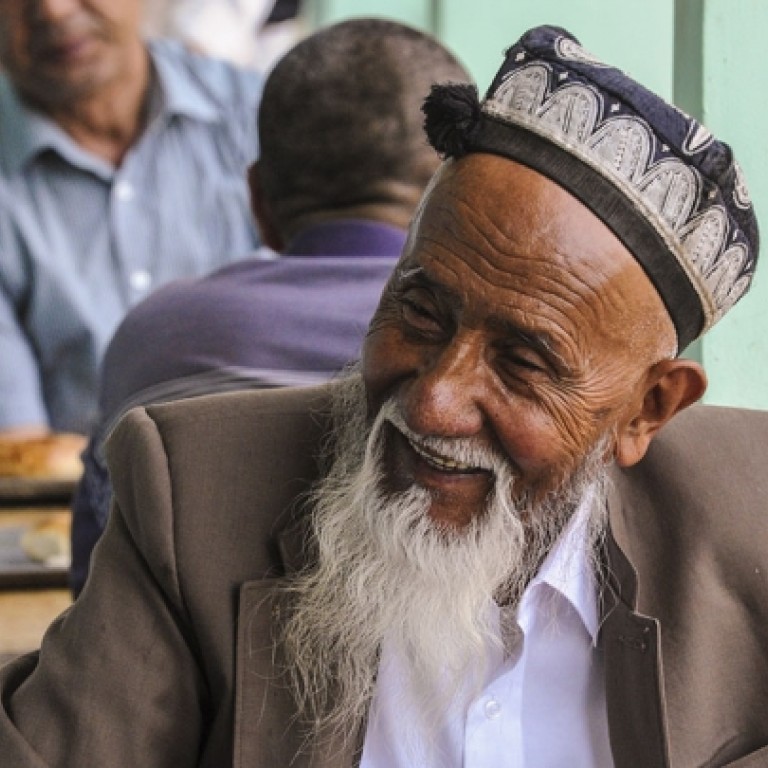
Beijing should tackle the roots of Xinjiang unrest
Stepped-up security in Xinjiang yesterday on the fourth anniversary of the western region's worst ethnic unrest was to be expected. Given isolated attacks in the past week that have claimed dozens of lives, the greater numbers of soldiers and police on the streets were what residents and visitors most needed.
Stepped-up security in Xinjiang yesterday on the fourth anniversary of the western region's worst ethnic unrest was to be expected. Given isolated attacks in the past week that have claimed dozens of lives, the greater numbers of soldiers and police on the streets were what residents and visitors most needed. Violence is never an excuse for righting perceived wrongs. The full weight of the law has to be brought to bear on those behind the unrest. At the same time, though, there is a need for authorities to start making a determined effort to address the deep-rooted reasons for the tension.
Officials blamed foreign-backed terrorist gangs rather than ethnic, mostly Muslim, Uygurs for the attacks. The autonomous region's people fear a repeat of the clashes between Uygurs and majority Han Chinese in the capital Urumqi on July 5, 2009, that killed about 200 and injured 1,700. That violence prompted a policy rethink away from an approach of "stability above all else" to one of "leap-frog development". But although billions of yuan have been poured in to boost the economy and improve the livelihoods of all ethnic groups, there has been no let-up in the sporadic unrest.
Most immediately, transparency would help. What occurred in the initial incident last Wednesday, in the Turpan prefecture town of Lukqun, where bloodshed left 35 people dead, is still unclear. What happened in Hotan prefecture, where clashes also broke out last Friday, also remain sketchy. Official accounts are discredited by Uygur residents, who blame police or the state. The shutting down of the internet and the blocking of words like "Hotan" on microblogs fuel suspicion.
What is certain, though, is that policies, while improving infrastructure and incomes, are not getting to underlying causes. Uygurs blame economic inequality, ethnic prejudice and religious repression for discontent. Their employment rate is markedly lower than for Han, as is their level of income. This is despite preferential treatment that guarantees political representation, priority in secondary and college admission, a relaxation of the one-child policy and leniency in legal matters.
Xinjiang is important, being at the crossroads of Central Asia and a rich source of coal and gas. Stability is necessary to ensure continued development of one of the nation's poorest regions and maintain energy supplies. But the unrest and discontent of Uygurs shows that policies can be improved. Authorities have to better understand and respond to needs.

